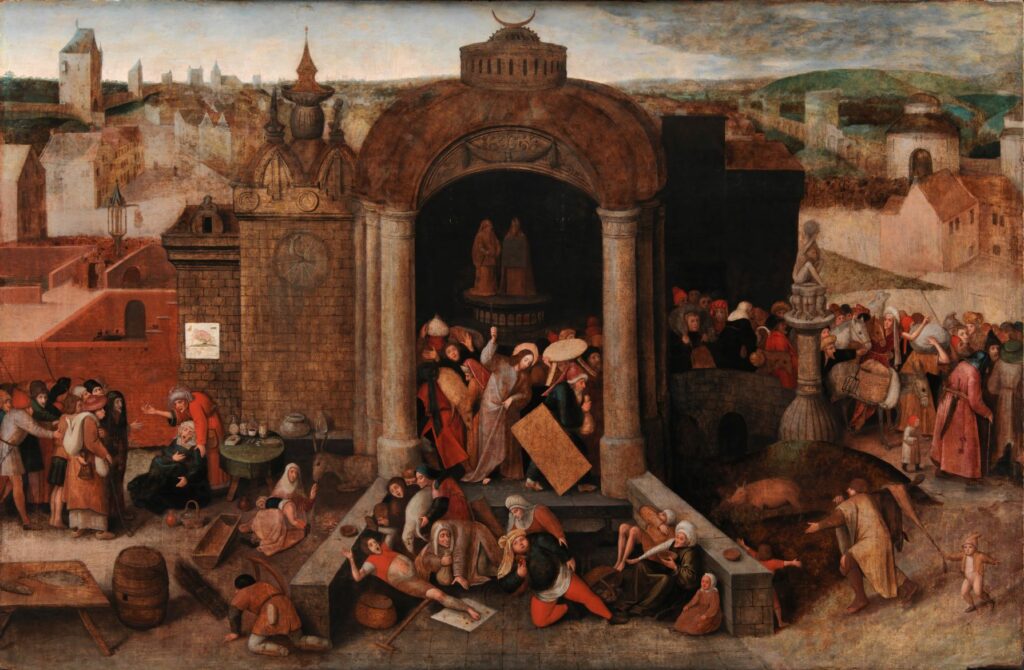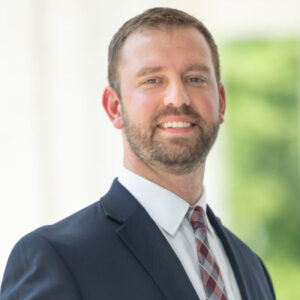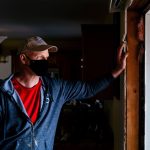Hillsborough, NC. The term “care” is used in our times to signify tasks like feeding, changing diapers, bathing, and otherwise maintaining the well-being of those too young, old, or infirmed to do so for themselves. Those services are performed as part of elder care, childcare, and caregiving for the disabled. But paying somebody to do these tasks does not guarantee that they actually do care for the person. And the truth is, it’s very unlikely that anyone else will care for your people like you do.
Caregivers may love their job and even come to love your child or aging parent beyond their professional obligations, but there always remains a transactional element between them and the client. That’s not to say that using these services is immoral or unnecessary. Often these services are a lifeline for overstretched loved ones. But it’s vital that somebody that actually does care for the person with the deep bonds of kinship or at least friendship is the point person monitoring this “care.” And, more controversially, if you have the time and ability to provide care for your loved ones yourself, you should.
This old-fashioned idea of caring for your own—whether taking the lead on raising your own children, opening up the spare room to your aging parents, or helping a neighbor in need—seems to have been largely lost. People frequently lean on institutions to provide for these needs and trust that the matter is handled. But with new headlines about severe staff shortages in the childcare industry and the nursing home industry, and with the public school system in crisis, we are being forced to reconsider this paradigm. And after a number of recent horror stories from these industries, we should set aside this blind trust in bureaucracies of care and reclaim our own role in the well-being of our loved ones.
As a journalist, some stories stick with you, and one that has for me regarded an incident when 100 high-needs seniors in Thomasville, North Carolina, spent a night “cared for” by only three staff members early in 2022. By the end of the night, two of the residents were dead and multiple others were taken to area hospitals. Dozens more spent hours in pain crying out for anyone within earshot to care.
The desperate images replayed in my mind, and I found myself angry, not so much at one poorly run facility, but at a culture that is content paying others to solve the problem of elderly relatives. I thought of all those streaming Netflix that night or out drinking with their friends, oblivious to the fact that the parents who had once changed their diapers were themselves sitting in soiled diapers at that moment. Again, some surely had legitimate reasons for needing institutional help in caring for their ailing parents, but this reality doesn’t excuse our culture’s wholesale abdication of personal responsibility for caregiving.
If only this were an isolated incident, our consciences could dismiss the story. But the local NBC station’s follow-up investigation of nursing homes across the state uncovered multiple similar horror stories. One woman was left unattended so long, she was covered in fire ants and died from all the (very painful) stings. Another had a rodent crawl down their throat and the workers didn’t bother to report it even after a staff member saw the tail coming out of her mouth. Another senior was in a mask so long that it eventually dug in, caused infection, and they had to amputate the ear. Another senior was just supposed to be at a facility briefly to recover from an ailment. She called so long for help to get to the bathroom with no response, that , even though she was a fall risk, she tried to walk unassisted, leading to her falling and hitting her head. Rather than take her to ER, they put her back in bed where she died 13 hours later.”
Also a recent CBS article on the staffing crisis at nursing homes cited data that “98% of nursing home operators are having trouble hiring, 59% said they are losing money, and 73% said staffing issues could force them to close.” A traveling nurse quoted in the article, who works in the Charlotte area, said she often has to look after “20 or more” residents by herself and said, “I have never been to a place which was fully staffed yet.” Even worse are the frequent videos posted online of care staff physically beating and mocking seniors whose crying out for basic needs to be met has become annoying.
Similar stats can be cited in the child care industry, where a week ago a WRAL headline said, “Workforce Crisis: Shortage of Child Care Employees Keeps Parents from Getting Back to Work.” Note the problem. Parents need to find a place to dump off these kids so they can get back to work. Sure, there are families where both parents need to work, or where both have a deep need to find life’s meaning in their work. But when it’s the norm to leave the care of family members to strangers, that says something about our priorities as a culture, especially at a time when Americans (across all income levels) now have five hours a day in free time and spend a large majority of it on screen time, according to the CDC.
The author Wendell Berry makes a distinction between “public economy” and “private economy” in his essay, “Sex, Economy, Freedom, and Community.” The public economy, he says, deals with all the labor and trading and market activity we engage in as a generally anonymous member of the public. Cashiers may ask us how we’re doing, but our relationship with them doesn’t really make or break this system as long as we both fulfill our roles.
Not all of our labor belongs to this realm, though. There is also our private family and community life. You can hire someone to mow your lawn, but can you hire somebody to comfort a friend after a devastating loss or to take your wife out for an anniversary dinner? Those services may, or soon may, exist, but according to Berry, this would corrupt the integrity of the private economy and the values it serves.
The social capital traded in our private lives is cheapened when we bring in transactional attitudes. A lot of debates between the left and right are fought over whether some area is better handled by the government or market forces. As someone who works at a free-market think tank, I think the answer is usually the market. But sometimes the answer is neither. There are some things too valuable to allow either the market or the government much say over. Our culture has allowed both forces to shrink this private realm to maybe just a few elements in our romantic relationships (but even these boundaries are not universally acknowledged).
In Matthew 21, when Christ “cast out all them that sold and bought in the temple,” He did so not because markets are evil, but because they had stepped into an area of intimacy between God and His people, into God’s private economy. A totalizing of the market leads to the elimination of these relational economies, just like the totalizing of government pretends that a whole nation can operate in trusting, sharing relational states similar to a household or community.
Both markets and government have slowly worked their way into all kinds of relationships and areas where we should, if at all possible, directly pour our own blood, sweat, and tears. Many of these areas need innovative new cooperative arrangements that are not transactional and encourage direct connection with those closest to us. Cooperative efforts with other families could help make the raising of children within the private economy more feasible. Childcare co-ops, microschooling, homeschool pods, and other ideas are experiencing exciting innovation right now. Similar effort needs to happen in regards to caring for those who raised us years ago, as well as for areas like dating, leisure activities, and cultural and religious traditions.
Americans need to reclaim a space governed by customs of the private economy, a space separate from the public forces of market or government, a space for those things so important we do them ourselves.







2 comments
Ed Hagenstein
Thanks for this, Mr. Larson. This is such a crucial area—reclaiming where we can and shaking off the paradigms of both government and market power.
David Larson
Thank you, Ed. I think all the left vs right fighting has made us assume every area of our lives should be ruled by either market or gov’t, and we forget the importance of this private economy. Wendell Berry giving it a name in that essay opened up my eyes to its existence.
Comments are closed.